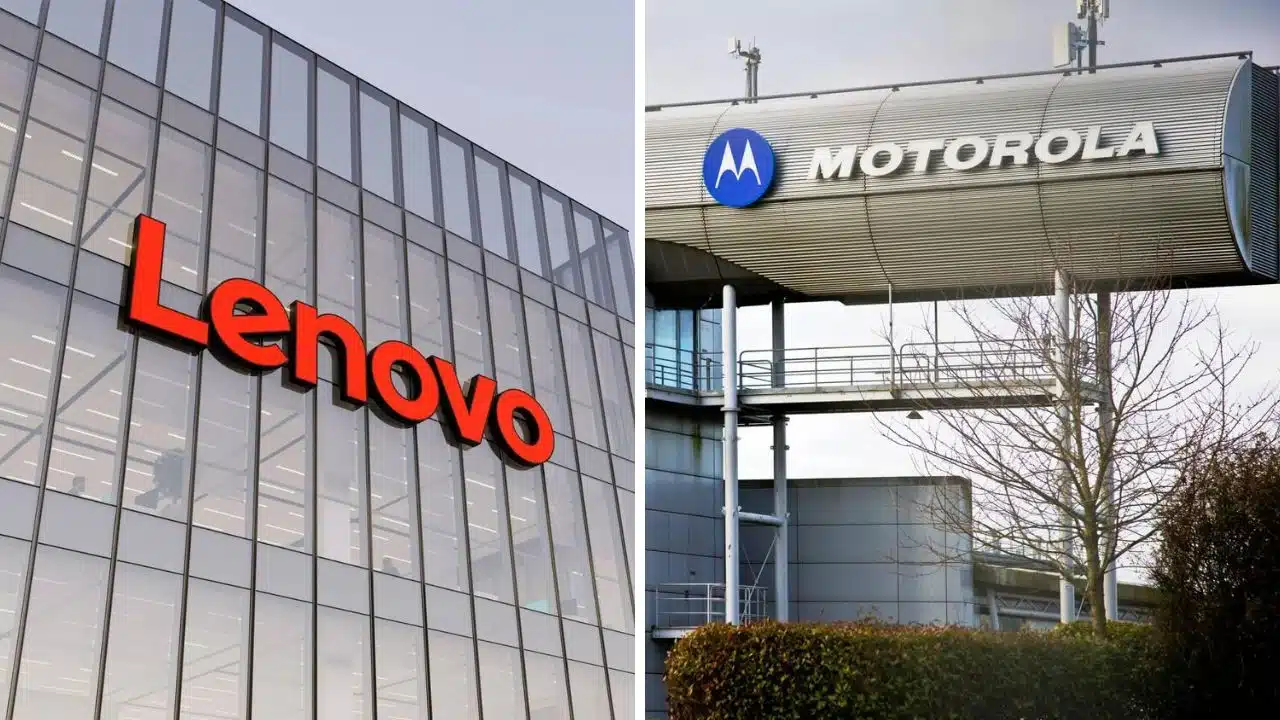On May 11, 2024, a significant development occurred in the ongoing patent dispute between Lenovo, Motorola, and InterDigital.
The Munich I District Court ruled in favor of Inter Digital, leading to an immediate ban on the sale of several Lenovo and Motorola devices in Germany.
This ban affects not only Motorola smartphones but also Lenovo’s broader range of mobile-enabled devices, including tablets and laptops that use mobile networks such as GSM, UMTS, LTE, and 5G.
Background of the Dispute
The dispute centers around the licensing terms for WWAN technology used in Lenovo’s products.
InterDigital holds patents for this technology, which is critical for mobile internet connectivity. Disagreements have arisen over the fees Lenovo should pay for using these patents.
InterDigital claims that Lenovo has not met its demands for fair and reasonable licensing fees. Lenovo, on the other hand, argues that InterDigital’s terms are not fair and plans to appeal the decision.
The conflict is rooted in the complex world of standard-essential patents (SEPs) and fair, reasonable, and non-discriminatory (FRAND) licensing terms.
SEPs are crucial for key technological functionalities in mobile communications, and companies like InterDigital hold many of these patents.
The lack of specific provisions on what FRAND entails within the EU leaves room for interpretation and further disputes. Germany has become a focal point for these disputes due to its plaintiff-friendly legal framework for patent litigation.
The Court Ruling
The Munich I District Court’s ruling has immediate and far-reaching consequences.
The court’s decision prohibits Lenovo from selling, offering, or importing any WWAN-enabled devices, including smartphones, tablets, and laptops that use mobile networks like GSM, UMTS, LTE, and 5G.
This ruling came into effect after InterDigital deposited a security deposit of four million euros, ensuring the enforcement of the ban.
Impact on Consumers and Retailers
For German consumers, the impact of the ban is gradually becoming apparent. Lenovo and Motorola Mobility have ceased listing the affected products on their German websites, leaving only a few accessories available for sale.
Some retailers continue to sell existing stock, but potential shortages and delivery issues are expected once these stocks are depleted.
Broader Implications
The legal dispute between Lenovo, Motorola, and InterDigital is not an isolated incident. It highlights broader tensions in the tech industry over standard-essential patents and fair licensing terms. The ongoing legal battles underscore the complexities of patent disputes and the challenges companies face in negotiating licensing agreements and managing intellectual property globally.
History of Patent Disputes
The dispute between Lenovo and InterDigital is part of a larger pattern of conflicts over SEPs.
Last year, the British High Court ruled that InterDigital’s patent license fee should not be higher than $0.175 per device. This ruling was part of a broader battle over the FRAND principle in patent licensing.
Lenovo and Motorola do not agree with InterDigital’s principle of compositeness and can still revoke the injunction through the appeal process.
Future of the Dispute
The next major clash between the two parties will take place in London on June 10, where the UK Court of Appeal will review the far-reaching FRAND ruling by High Court judge James Mellor.
Lenovo has initiated a second FRAND trial, asking the UK High Court to set a global license rate for InterDigital’s entire portfolio, which includes implementation patents as well as SEPs. The court is to calculate the FRAND rate from 2024 onward.
Wrap Up
The legal dispute between Lenovo, Motorola, and InterDigital in Germany has led to a significant sales ban on devices equipped with WWAN modules.
This ban affects a wide range of Lenovo and Motorola products, including smartphones, tablets, and laptops using mobile networks like GSM, UMTS, LTE, and 5G. Conflict is a result of disagreements over reasonable licensing costs for InterDigital-patented technology.
The Munich I District Court’s ruling has immediate consequences, restricting Lenovo from selling these devices in Germany. Despite the ban, retailers still have existing stock, but shortages may arise once these are depleted.
This dispute highlights broader tensions in the tech industry over standard-essential patents and fair licensing terms, with Germany’s legal framework playing a significant role in such disputes.
The ongoing legal battle underscores the complexities of patent disputes and the challenges companies face in negotiating licensing agreements and managing intellectual property globally.
The future of this dispute will likely involve further legal proceedings and negotiations to resolve the issues surrounding FRAND licensing terms and patent fees.
As this situation unfolds, it serves as a reminder of the intricate balance between innovation, intellectual property rights, and fair business practices in the tech industry.
The information is Collected from Times of India and Gizchina







































